
Any deal with militant groups will amount to a complete surrender of the state and ultimately a serious threat to national security.
These views were expressed by speakers at a dialogue on “National Policy on Terrorism,” organised by the South Asian Free Media Association (Safma). Speakers also noted that the latest All Parties Conference (APC) organised by the government has legitimised the militants, who have challenged the writ of the state and refuse to recognise the Constitution.

Speaking at the conference, Senator Farhatullah Babar of the Pakistan Peoples Party said the country is facing a serious threat from militants, but there is no effective counter-insurgency strategy to deal with the problem. He said the narrative that the US-led “War on Terror” is not Pakistan’s war is a myth.
“Suicide attacks and militancy existed in the country in one way or the other even before the 9/11 attacks and subsequent US intervention in Afghanistan.” He cited the example of suicide attacks on the Diplomatic Enclave and Bahawalpur before 2001. “Militants, whether in Afghanistan or Pakistan, now pose threat to Pakistan not to the US,” he maintained.

He also rejected the narrative that use of force was not the solution to tackle militancy and cited the previous government’s success through force in Swat and Mohmand and Kurram agencies once talks had failed. “The militants want to impose their own brand of Shariah through the bullet and not the ballot — this is unacceptable”, he said.
Babar further said that proscribed militant groups should not be allowed to resurface with new names and criticised the Punjab government for allocating huge funds to Jamaattud Dawa, the rehashed version of Lashkar-e-Taiba and asked why they were being promoted.
Former ambassador Aziz Ahmed Khan said Pakistan was still confused about the challenges it faces. “The principal threat to Pakistan is that it does not know what the principal threat is.” He said convening the APC was unnecessary as the government had a majority in parliament and can decide what action to take on its own. Aziz described the largest province of the country as a ‘hotbed’ for radicalisation and said the provincial and federal governments have no strategy to counter the militant groups who are increasing their hold with every passing day..
Security analyst Ayesha Siddiqa said the gradual erosion of the state is the biggest threat to Pakistan, adding that the state is slowly breaking up. Gen. (retd) Talat Masood said the state’s response towards militancy was poor and consequently the militants are winners on all fronts. “There is no clarityon the counter insurgency mechanism on the part of the government”.
Defence analyst and a former air force officer Shahzad Chaudhry said the main source of energy of militants’ energy is the funding they receive but that has never been choked by authorities.
Published in The Express Tribune, October 4th, 2013.
COMMENTS (1)
Comments are moderated and generally will be posted if they are on-topic and not abusive.
For more information, please see our Comments FAQ














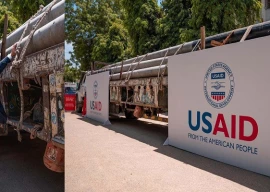

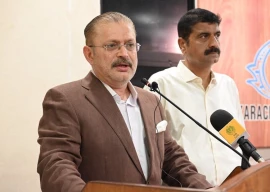

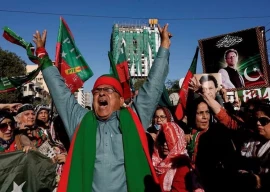












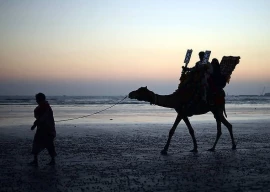





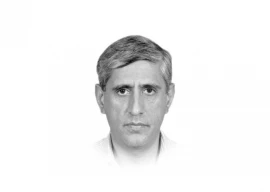

I wonder , no one tried to comment on the findings of the participating defence analyst . It means that people are still sleeping when the enemy has entered in their home .